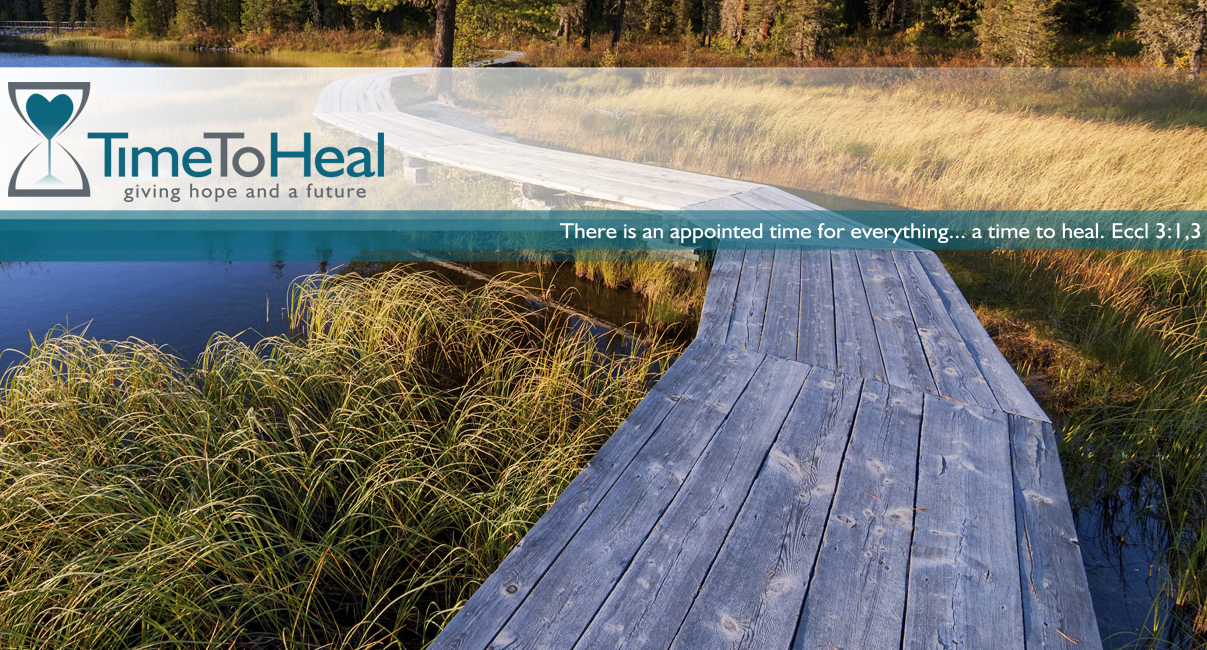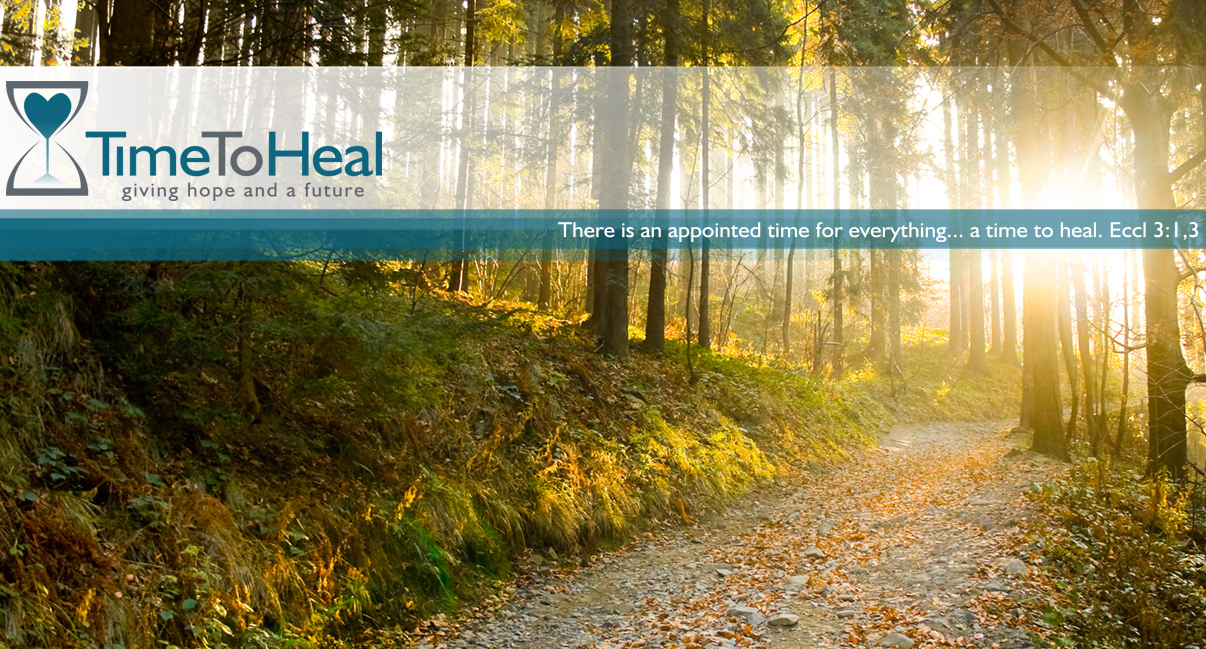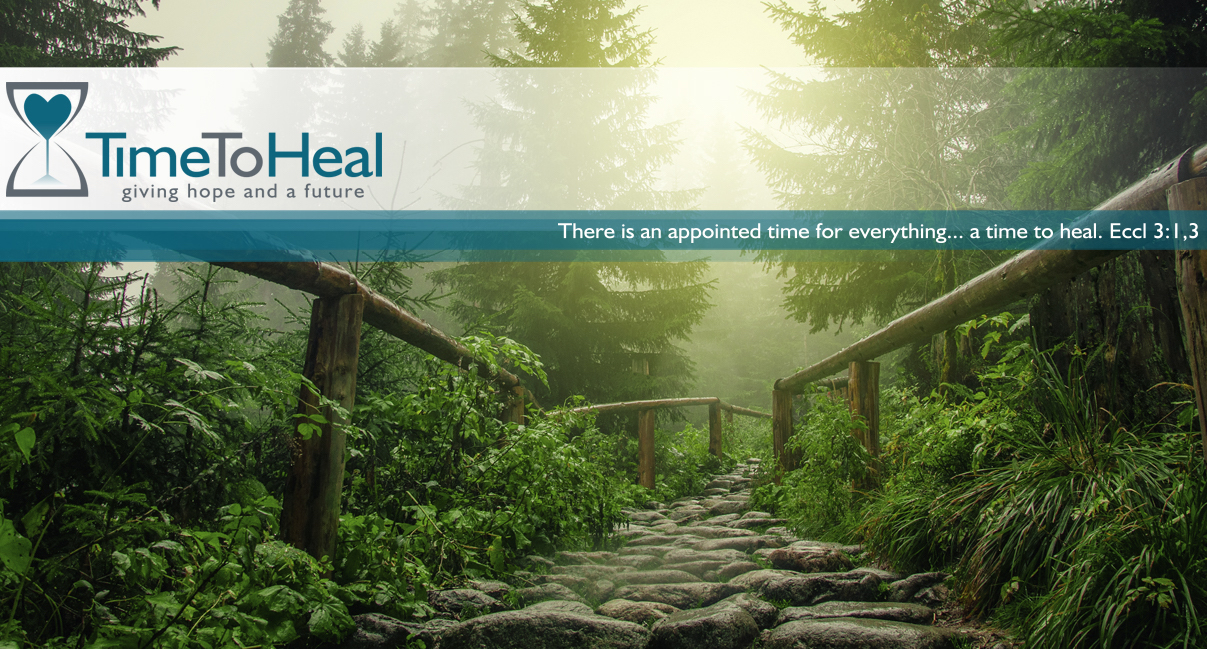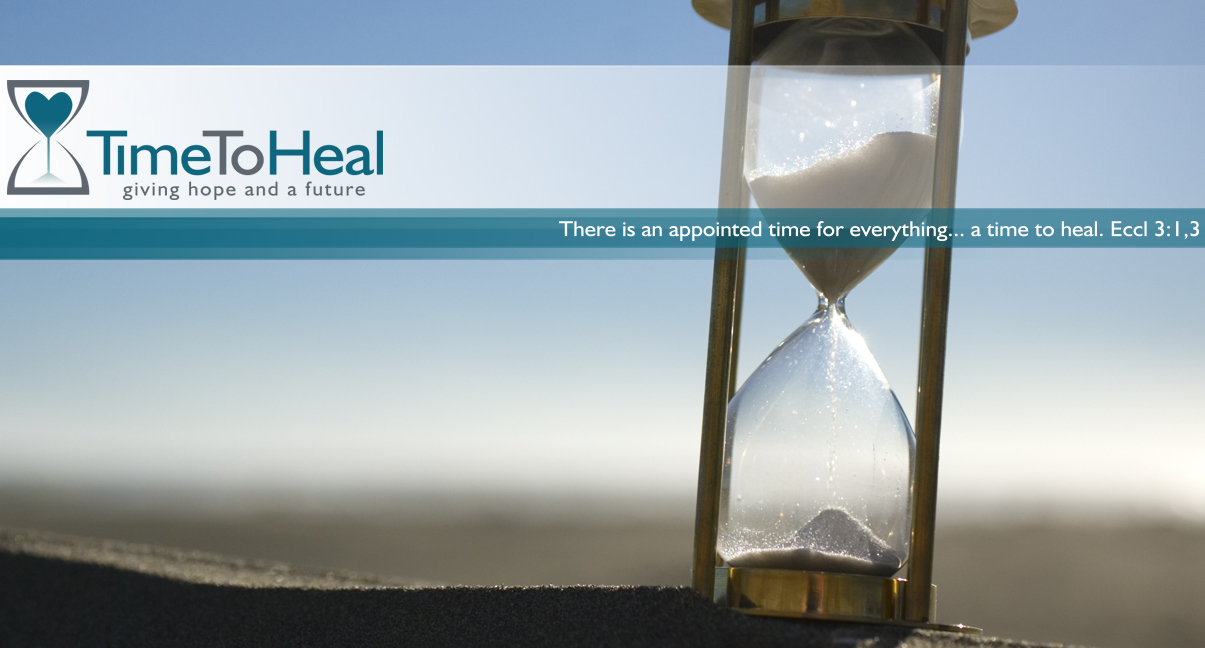



Have you ever been in a situation where your contributions to work, home, marriage, or family were judged as not enough? If your self-worth is attached to what you create or offer, the answer is that you may very well be devastated by a sense of shame that can cause you to withdraw or get angry: “I’m an idiot. That’s the last time I suggest an idea in a meeting” or “My idea may not be great, but it was better than yours!” or “Go ahead and talk to the kids yourself if you think I mishandled it.” Even if people love what you did, you then become a slave to the desire to keep pleasing. Either way, if you define yourself by what you do, you have put the power of your happiness in the hands of other people.
Many years ago, an elderly Cherokee told his grandson about the greatest battle we all face. The grandson was eager; as he sat down and listened to the wise old man speak. He was curious – what was the greatest battle we face? “My son” he said. “The battle is between 2 wolves inside us all.”
Since shame is a prevalent problem, one might ask, “how does a person get rid of it?”
Shame is a dragon inside a person and roams around their mind and heart taking both captive. Once the mind is filled with lies, people will worry, get scared, get angry, and become hurt about things they are tricked into believing are true. Before people can take care of their inner self, they must understand the approaches they take to rid themselves of these untruthful thoughts and their corresponding emotions.
Know of anyone who is scared of dying?
What can be equally fearful for some is the thought of living. Shame is the primary ingredient for people to be scared to live. Shame is the disease that steals life from you while you’re living it.
Why is it so hard to rid shameful thoughts?
Is it possible that people become addicted to shame?
When people establish their core shame belief, I believe they can become addicted to keeping the thoughts they try really hard to overcome. Shame becomes a bully in their head and they begin following its orders without much evaluation.
Question: What is something that we all have and yet don’t want to talk about, and the less we talk about it the more of it we have?
Answer: Shame.
What’s the difference between shame and guilt? These two words are often interchangeable when people talk about mistakes being made. Shame derives from a word that means: ‘to cover', and is often expressed by a covering gesture over the brow and eyes, a downcast gaze, and a slack posture.
How do you live-down, out-live, un-live, or re-live your past?
Do you remember the story of a young 21-year-old White House intern who confessed: “After having made the worst mistake of my life, I was deeply, deeply ashamed. I had the belief that I was the worst version of myself, a self I didn’t even recognize. The public humiliation was excruciating. Life was almost unbearable. I felt like every layer of my skin and my identity were ripped off of me. It was a skinning of sorts. I felt incredibly raw and frightened. Shame stuck to me like tar. I never attempted suicide but I came very close.”







